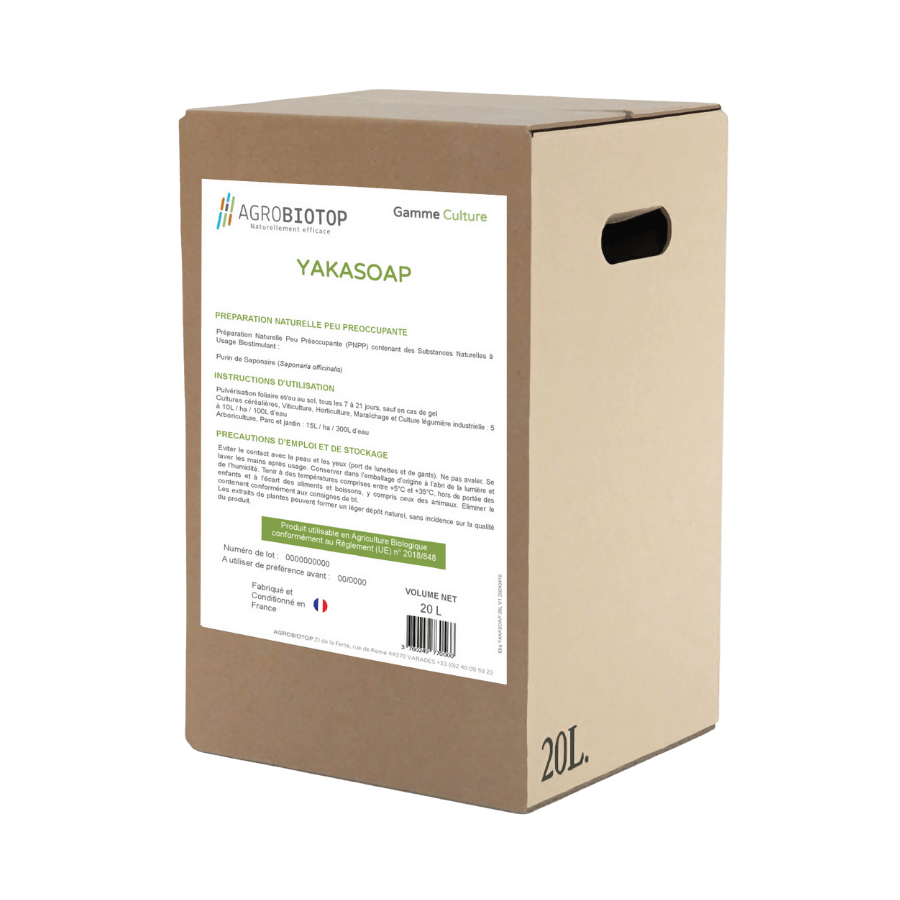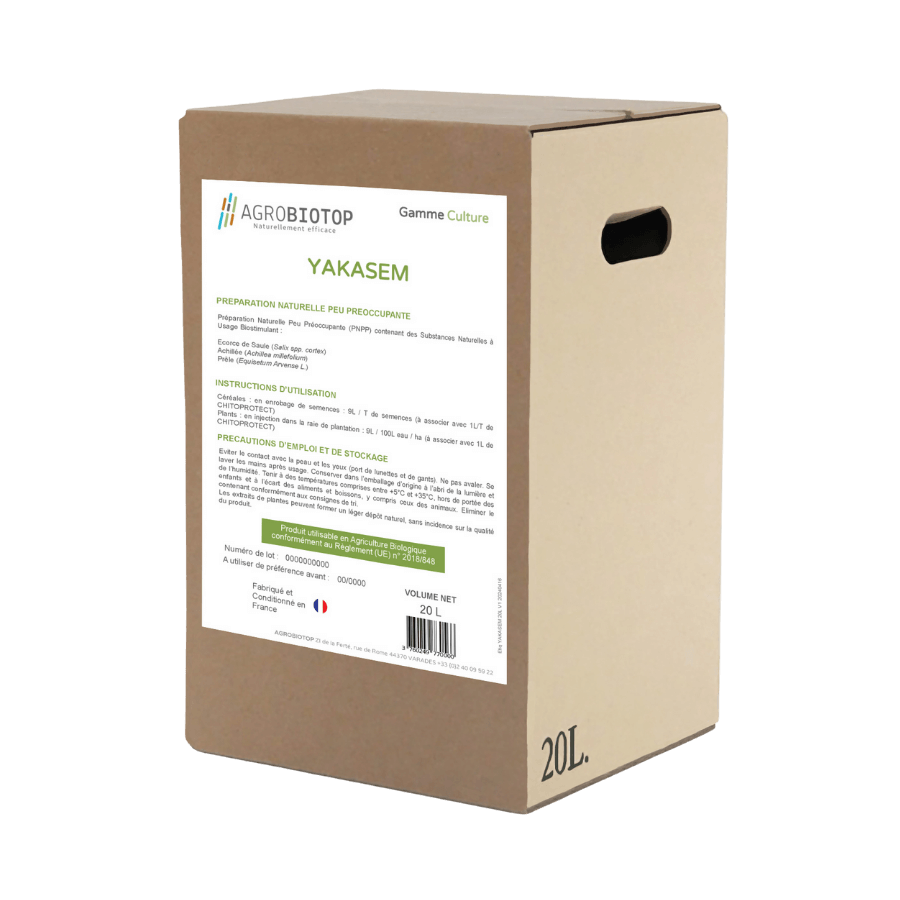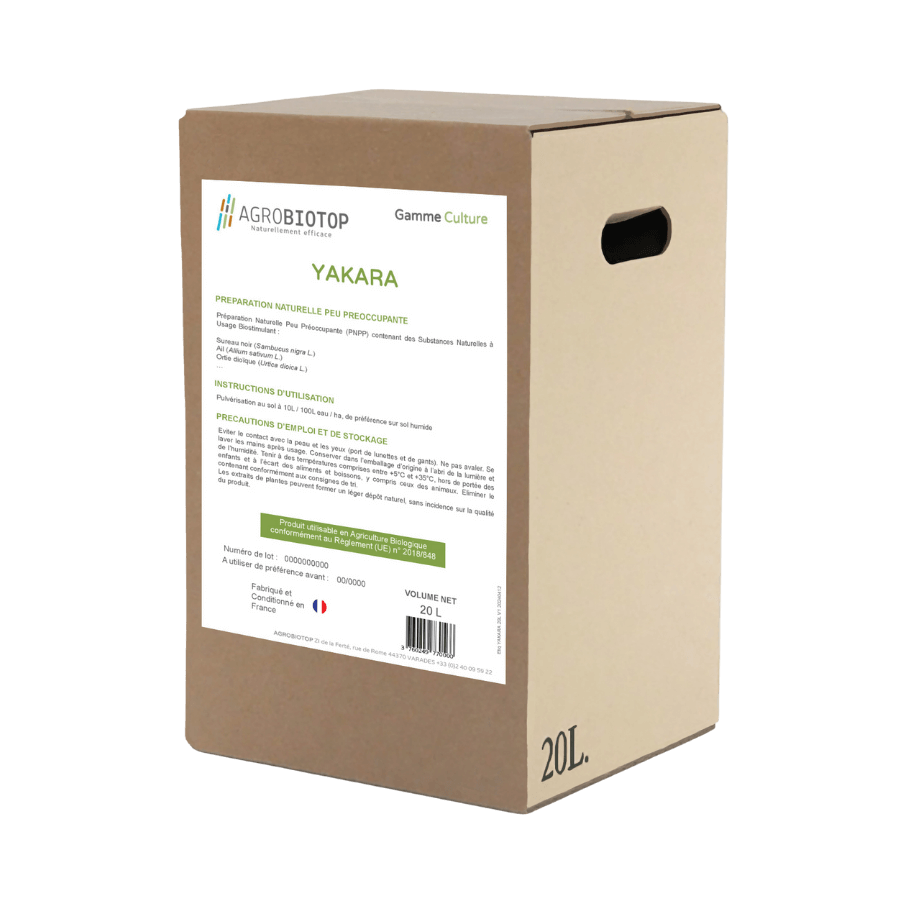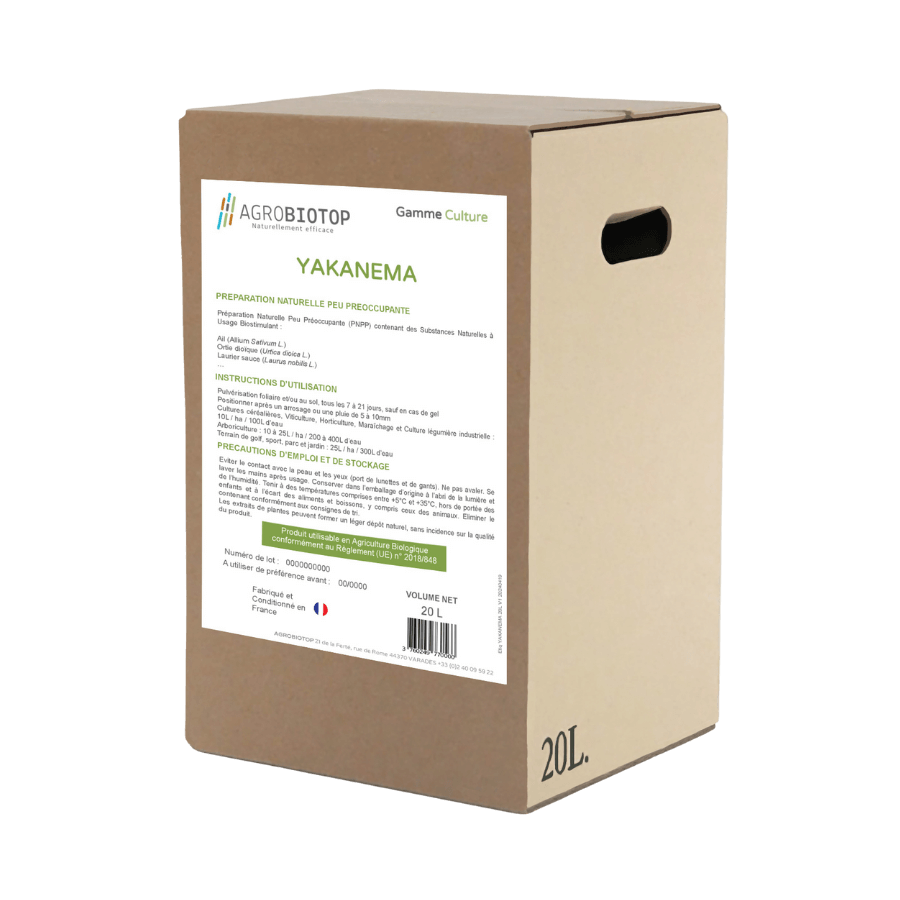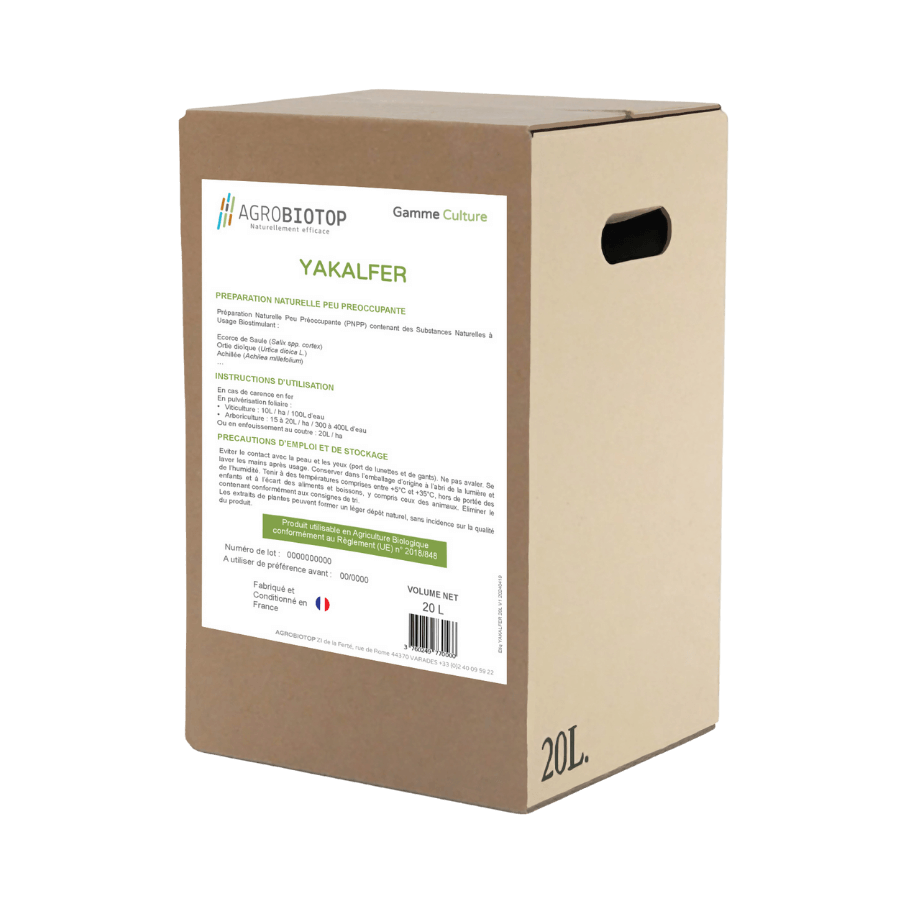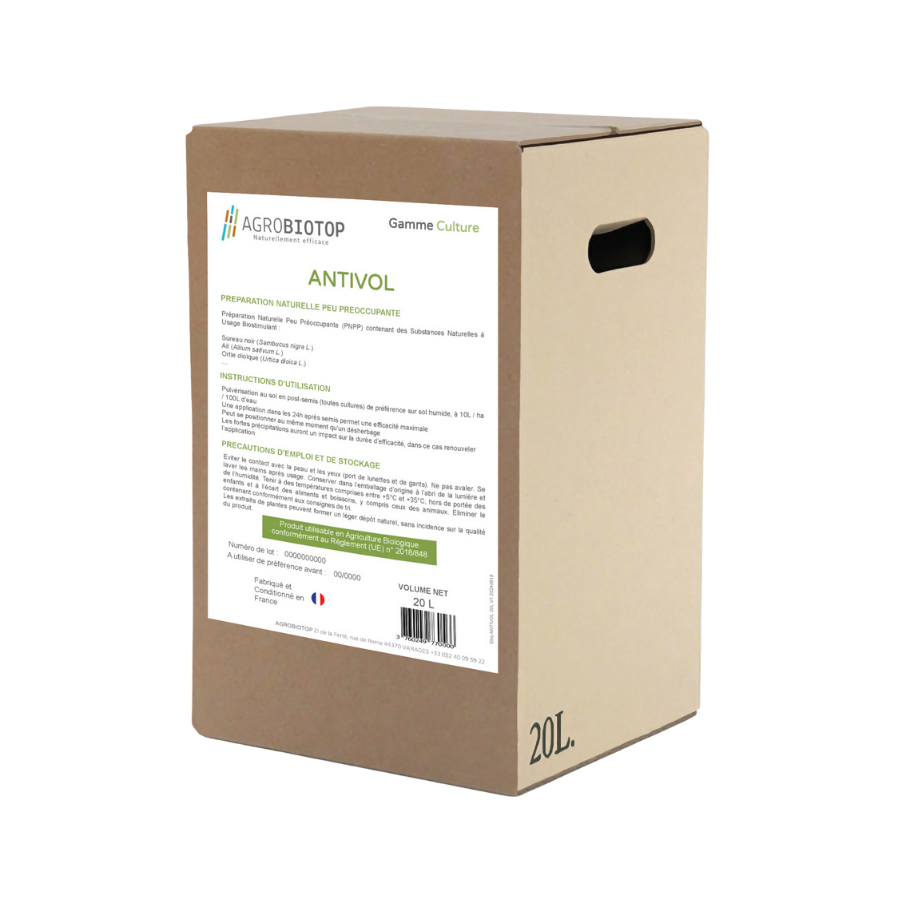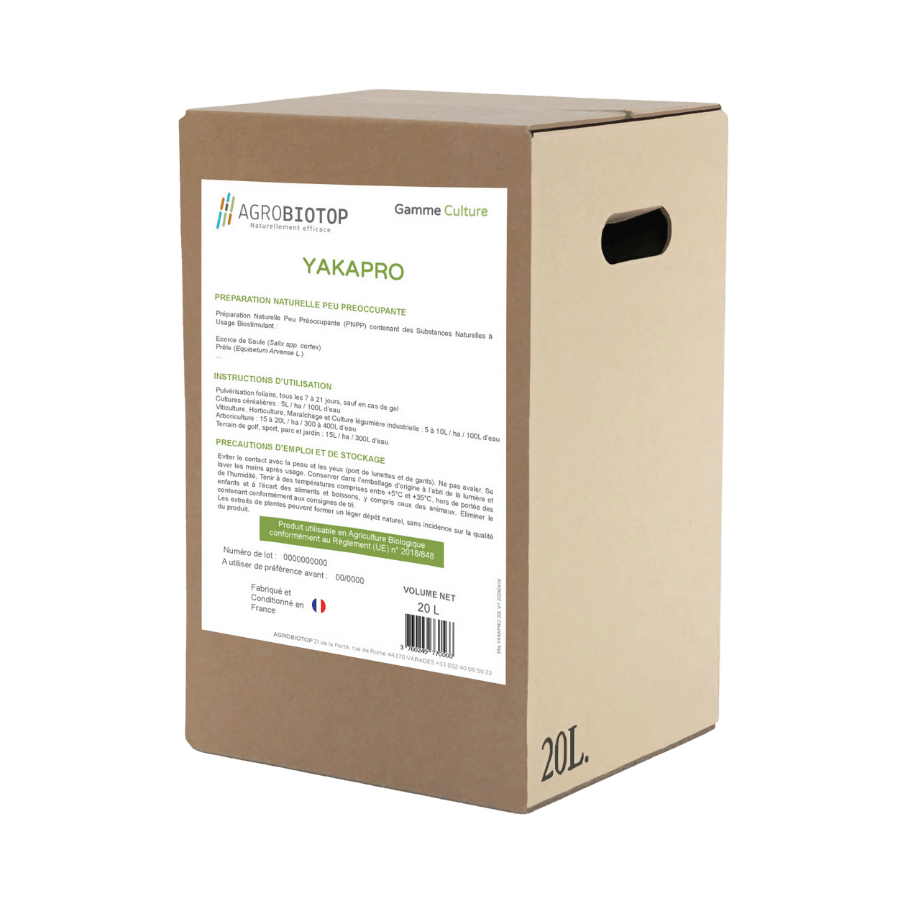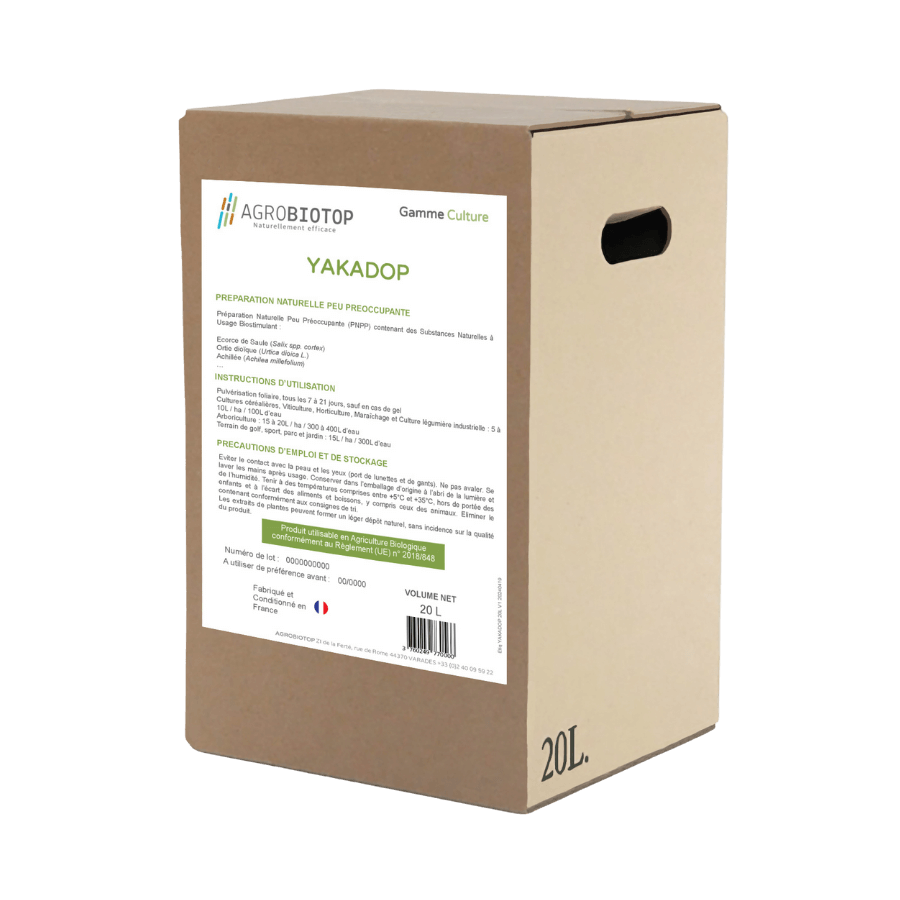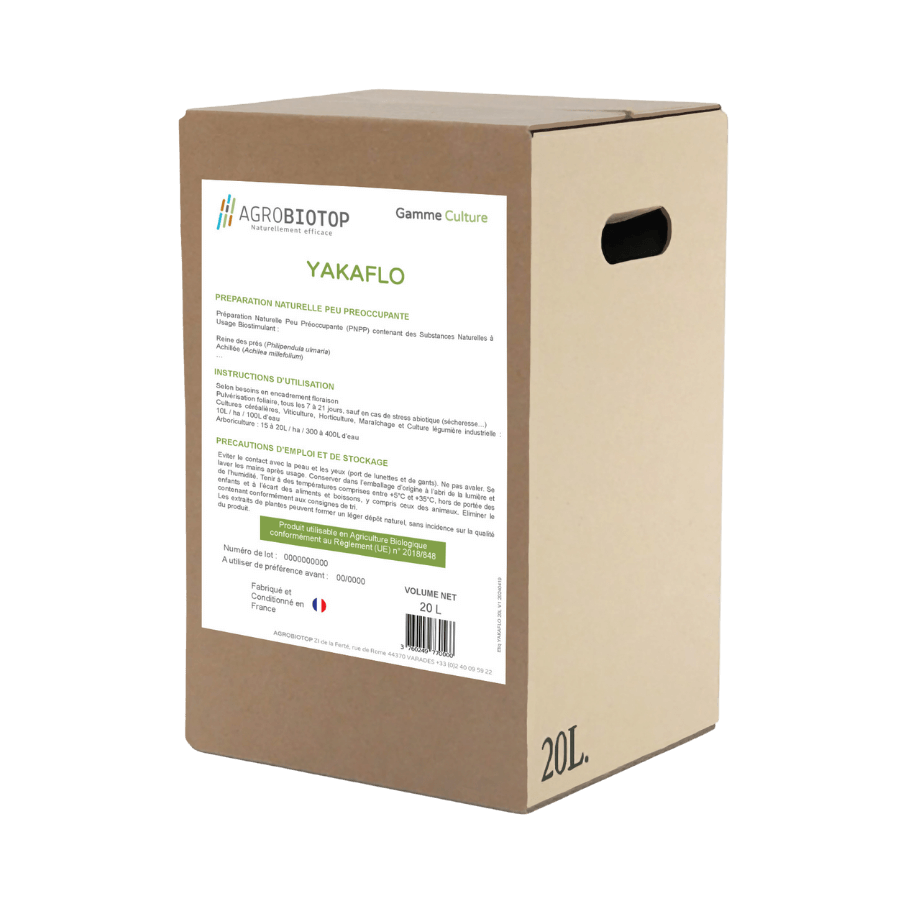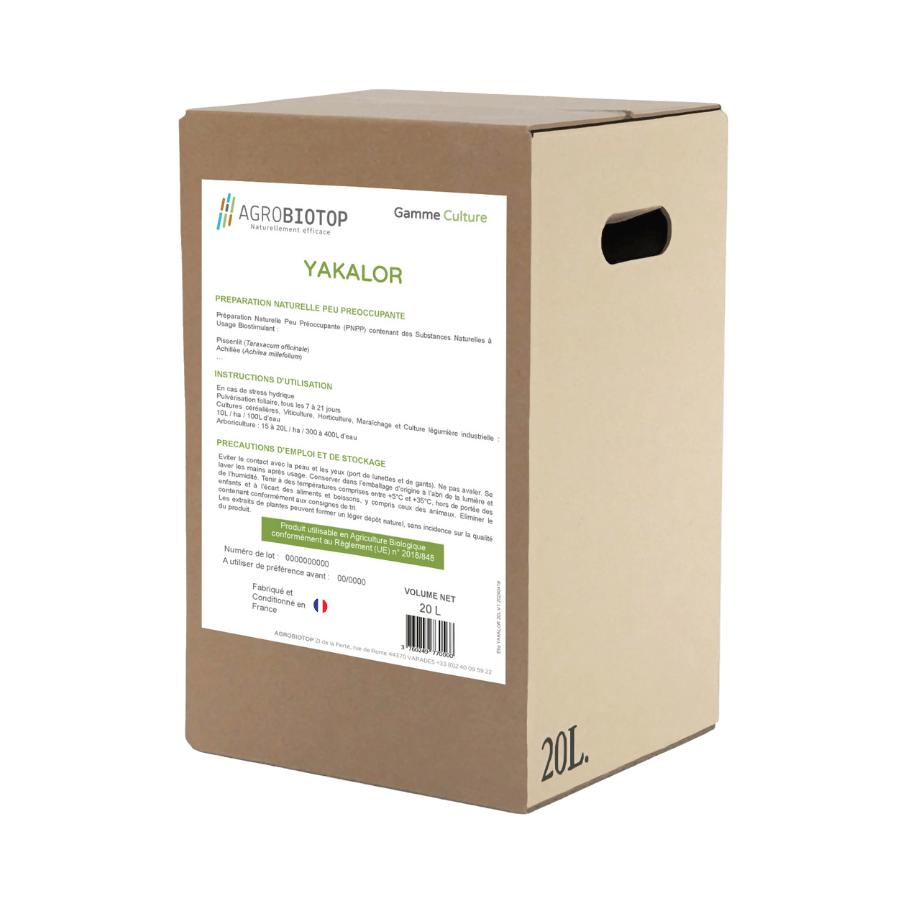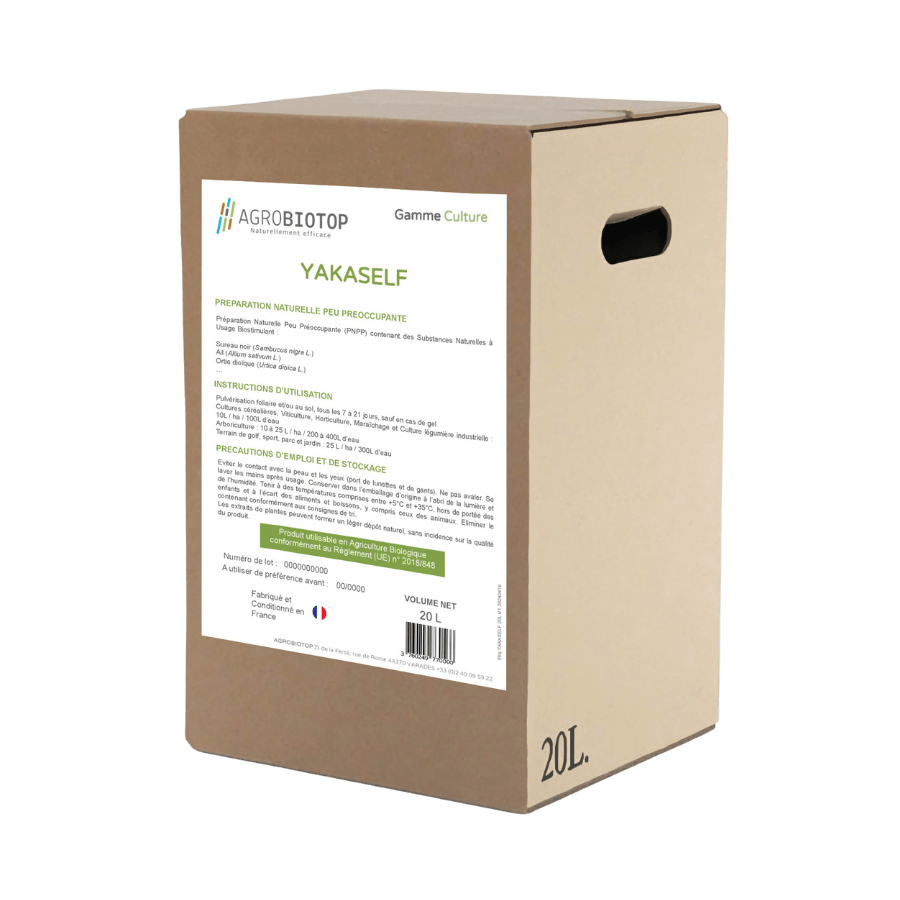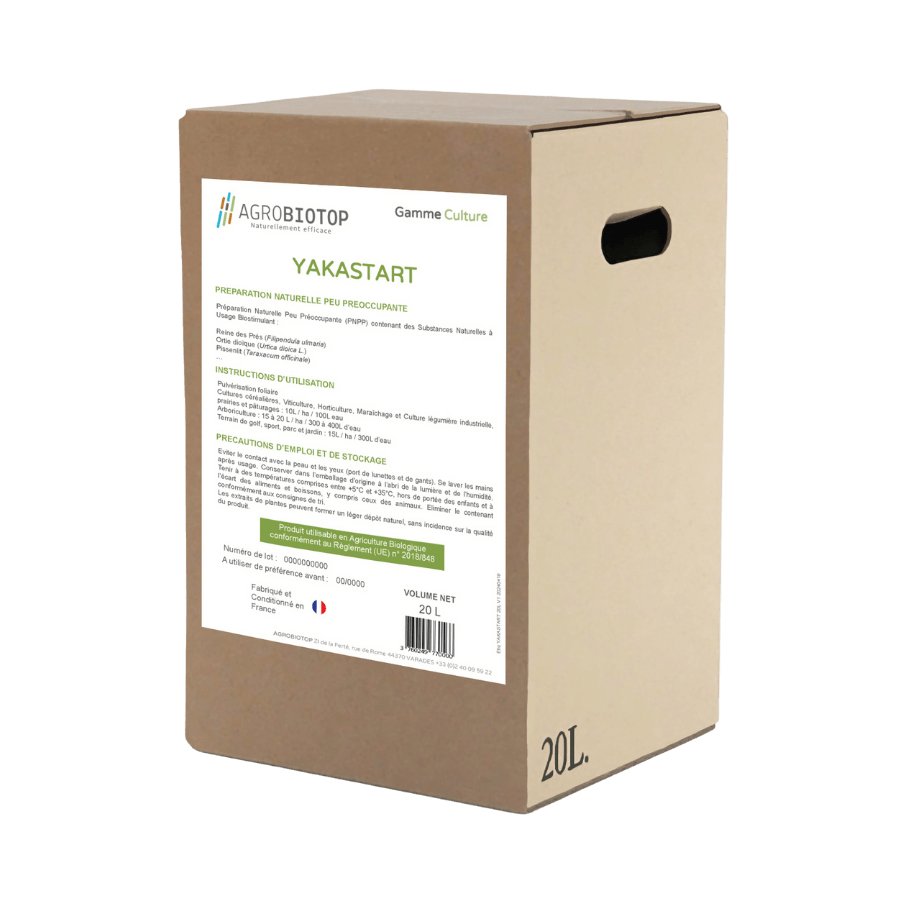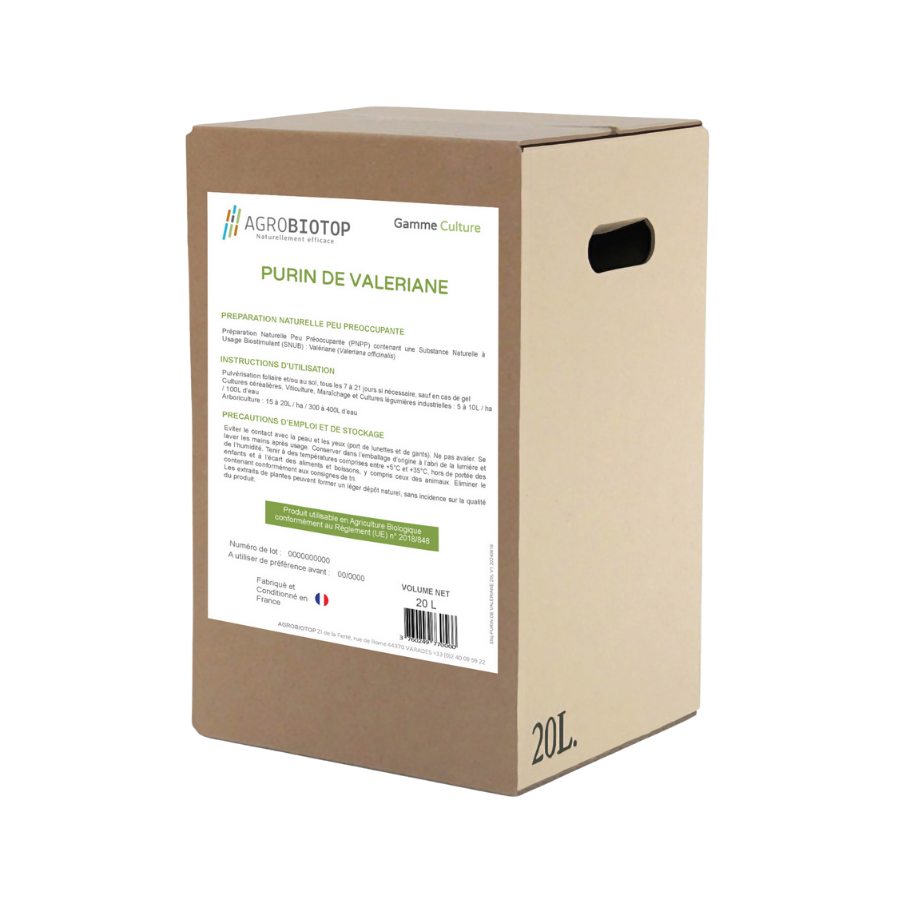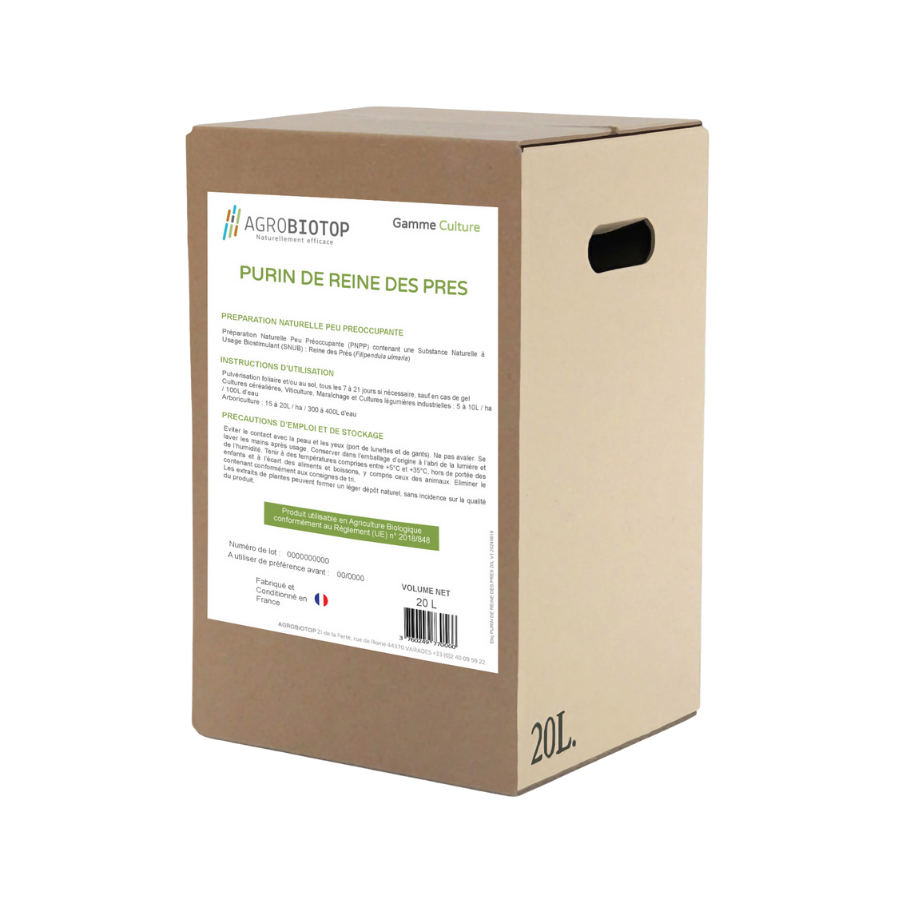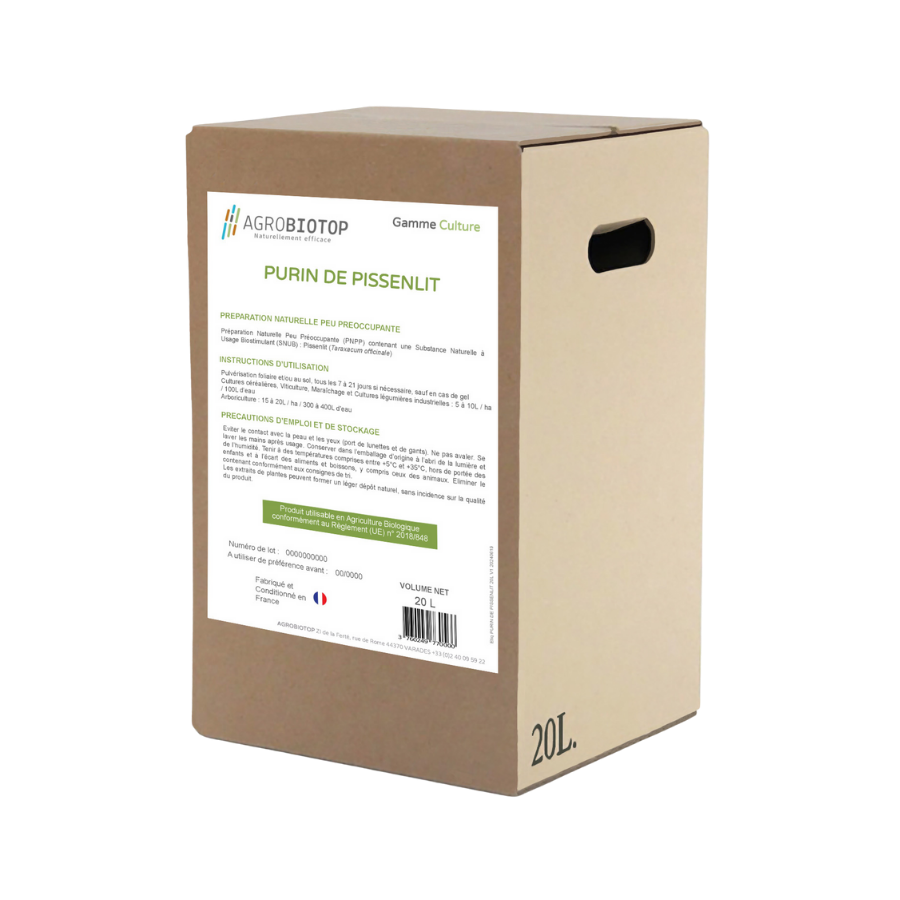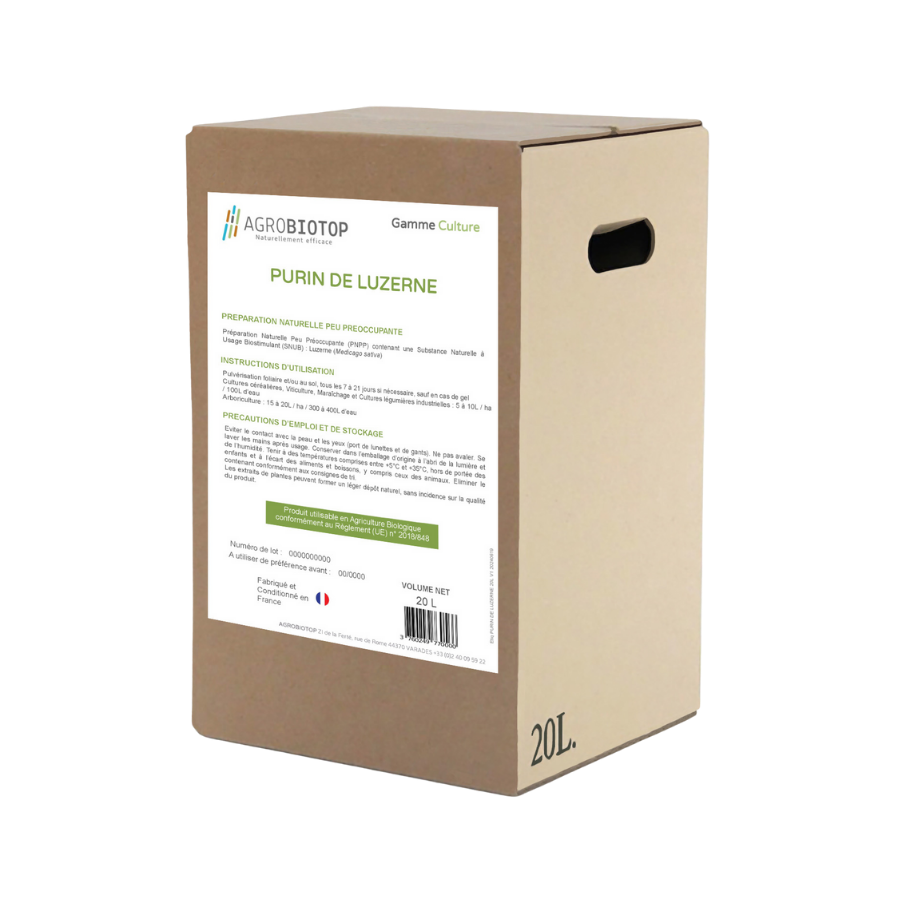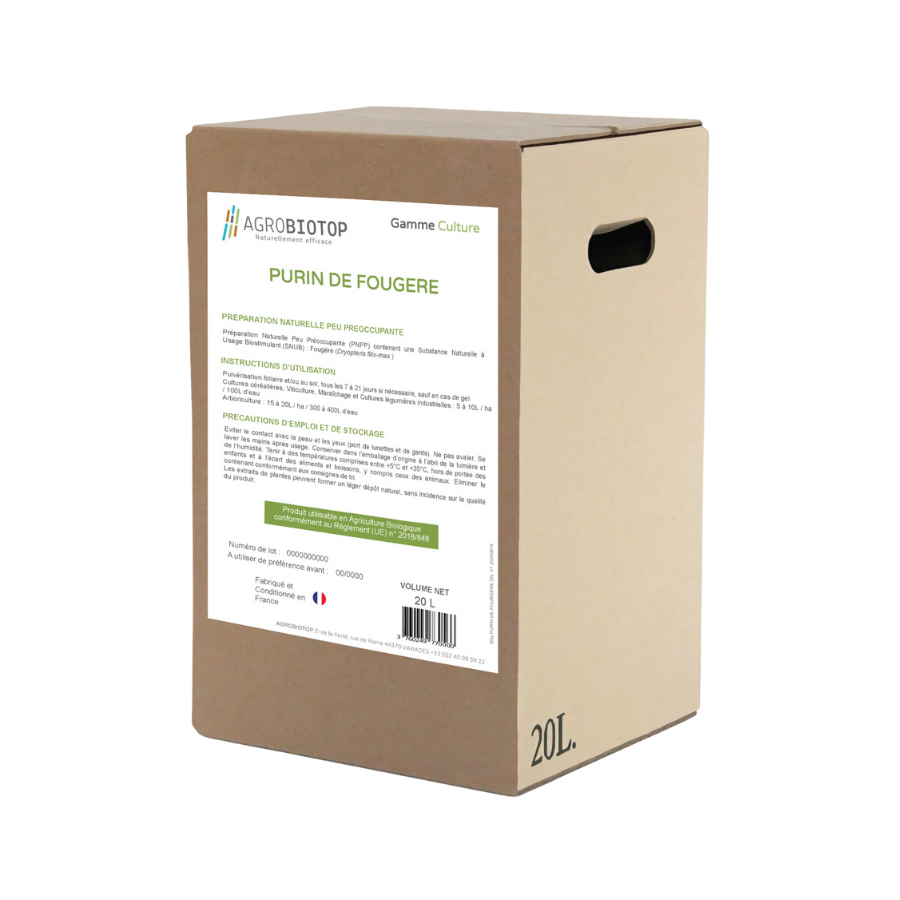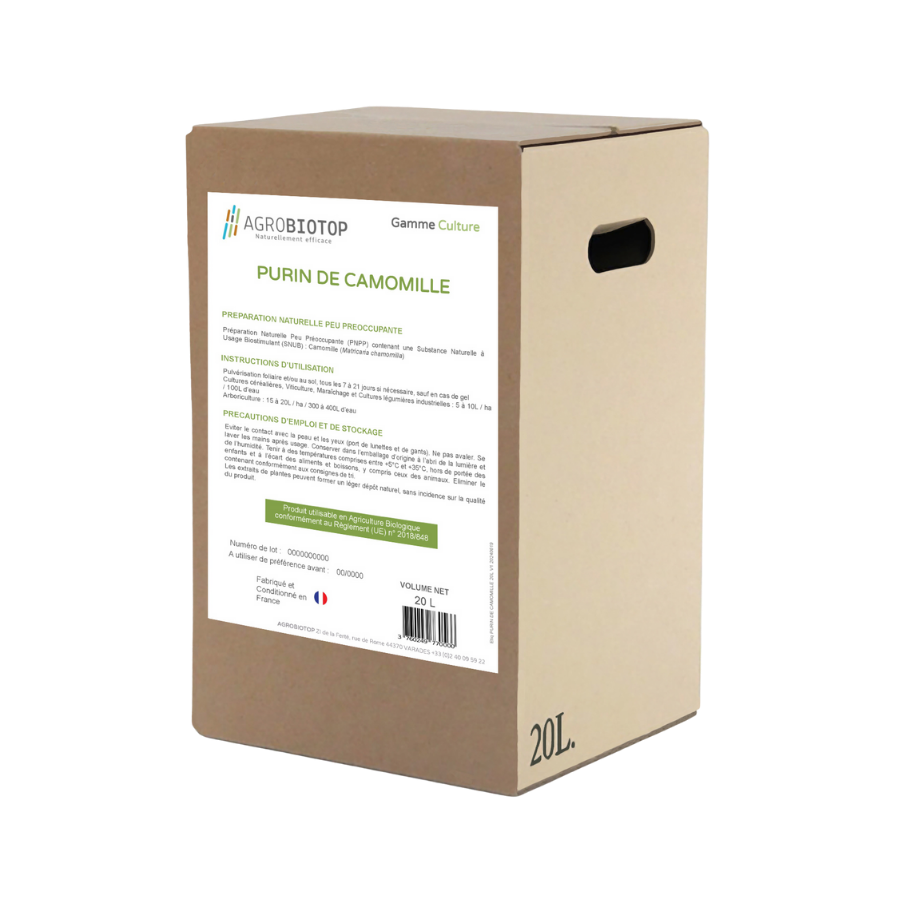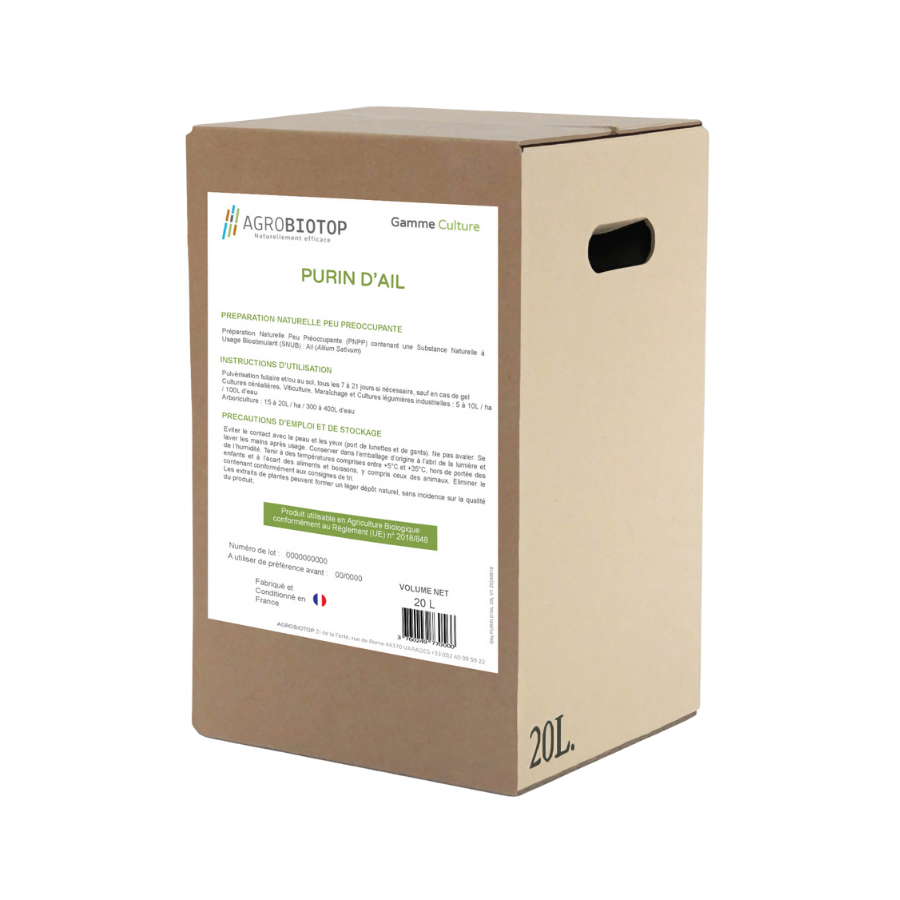You have probably heard the term “biostimulant” or seen advertisements for products that would fall into this category. They can allow for better water absorption and nutrient use efficiency, increased tolerance to abiotic stress, and an increase in plant vigor, quality and yield.
These biostimulants are tolerant to abiotic stress, i.e. to the quality and yield of crops. Biostimulants are not classified as fertilizers and have no effect on pests. The purpose of these products is to stimulate plant growth and optimize plant nutrition. For various reasons, plants prepared in this way are better equipped to cope with abiotic stress.
Our pnpp biostimulants
What are the characteristics of Agrobiotop biostimulants made from plant materials?
Nutrient Use Efficiency
Biostimulants improve nutrient use efficiency by promoting better root development so that plants can absorb more nutrients and water or by improving nutrient availability in the soil. All these functions can help reduce nutrient losses to the environment to reduce and optimize fertilizer use.
Resistance/Tolerance to Climate Change
These products can improve soil health and fertility by improving soil parameters and functions. This can also have a positive impact on soil restoration and water use efficiency, a key contribution that ensures long-term soil fertility.
Soil Health
Estos productos pueden mejorar la salud y la fertilidad del suelo al mejorar sus parámetros y funciones. También puede tener un impacto positivo en la restauración del suelo y la eficiencia del uso del agua, una contribución clave que garantiza la fertilidad del suelo a largo plazo.
Crop quality
They also improve crop quality and contribute to more vigorous and healthier plants, which in turn can lead to less food waste. At the same time, they can improve the quality and quantity of the yield and therefore maintain the profitability and sustainability of the farmer’s activity. Addressing food loss and waste is essential to building a sustainable food system.
Chitosan and chitosan and other biopolymers
Chitosan is a deacetylated form of the biopolymer chitin, produced naturally and industrially. Poly- and oligomers of variable and controlled sizes are used in the food, cosmetic, medical and agricultural sectors. The physiological effects of chitosan oligomers of animal origin (crustacean shell) and chitosan of Mycelium origin (Aspergillus niger) in plants are the result of the ability of this polycationic compound to bind to a wide range of cellular components, including DNA, plasma membrane and cell wall constituents, but also to bind specific receptors involved in the activation of defense genes, they are considered as plant defense elicitors.
Humic substances (vermicompost juice)
They are natural constituents of soil organic matter, resulting from the decomposition of plant, animal (earthworm) and microbial residues, but also from the metabolic activity of soil microbes using these substrates. Humic substances are collections of heterogeneous compounds, originally classified according to their molecular weight and solubility into humic acids and fulvic acids.
How to apply Agrobiotop biostimulants?
The purpose of modifying the internal metabolism of a given crop is to make it produce more sugar, more protein, more oil or more and better quality fruit than it would under the best conditions without treatment. Flowering control, hence the ability to induce it or, if it leads to a decrease in yield, the ability to increase flowering, is necessary in many horticultural, viticultural and arboricultural crops.
Enzymes, proteins, amino acids, micronutrients and other compounds can be used as biostimulants. Natural stimulants are often included under the term biostimulants, including phenols, salicylic acid contained in macerations, decoctions and infusions of plants, humic and fulvic acids contained in vermicompost juice.
Also discover all our organic treatment and protection products for crops as well as basic substances and manures, decoctions and infusions.


